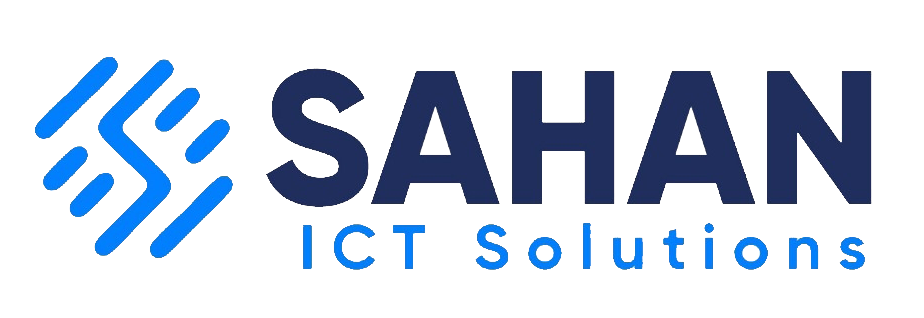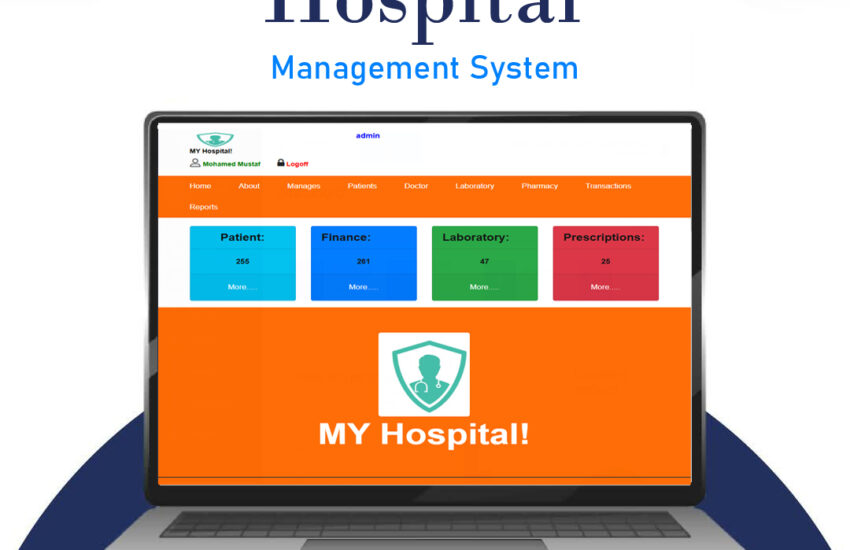Hospital Management System (HMS)
A Hospital Management System (HMS) is a comprehensive, integrated software solution designed to manage and automate the various aspects of a hospital or healthcare facility’s operations. This system typically includes patient management, billing, scheduling, inventory management, electronic medical records (EMR), and more, allowing healthcare providers to streamline their workflows and improve service delivery.
Key Features of a Hospital Management System (HMS)
Patient Alerts: Send alerts for emergencies, critical care needs, and follow-up appointments.
Patient Management
Patient Registration: Register new patients and update existing patient details, including personal and medical information.
Appointment Scheduling: Book, reschedule, and manage patient appointments with doctors, specialists, and other healthcare providers.
Patient History: Maintain complete patient medical records, including past visits, treatments, prescriptions, allergies, etc.
EMR (Electronic Medical Record): A digital version of a patient’s paper chart, providing healthcare providers with real-time access to patient health data.
Doctor Management
Doctor Profiles: Manage detailed profiles of all doctors, including specialties, working hours, contact details, etc.
Shift Management: Schedule and manage doctor shifts, availability, and patient appointments.
Patient Assignments: Assign patients to doctors based on their specialty or preference.
Billing & Invoicing
Patient Billing: Automatically generate bills for services rendered, including doctor visits, diagnostic tests, surgeries, etc.
Insurance Management: Handle insurance claims and integrate with health insurance providers to process claims.
Payment Tracking: Track and manage payments made by patients, insurance companies, and others.
Receipts & Reports: Generate receipts, invoices, and detailed billing reports.
Laboratory Management
Test Management: Manage and track laboratory test orders, results, and patient history.
Inventory of Lab Supplies: Track inventory of medical supplies, such as test kits, chemicals, etc.
Report Generation: Provide lab results and generate detailed reports for physicians and patients.
Inventory and Pharmacy Management
Inventory Tracking: Manage inventory of medicines, medical supplies, and other assets.
Pharmacy Management: Track pharmaceutical prescriptions, manage stock levels, and ensure medicines are available for dispensing.
Stock Alerts: Receive alerts when stock is running low or nearing expiration.
Staff Management
Employee Management: Manage staff records, including doctors, nurses, administrative staff, and other employees.
Payroll: Handle payroll processing, including salaries, benefits, and bonuses.
Shift Scheduling: Schedule shifts for all hospital staff members to ensure adequate coverage.
Operation Theater Management
Surgery Scheduling: Schedule surgeries and manage resources like operation theaters and surgical teams.
Surgical Log: Maintain logs of surgeries performed, including details of the procedures, duration, and outcomes.
Emergency Management
Emergency Admissions: Manage emergency admissions and prioritize urgent care needs.
Emergency Room (ER) Management: Track and allocate resources for patients in the emergency room.
Reporting and Analytics
Data Analytics: Generate insights into hospital operations, patient flow, doctor performance, financials, and more.
Reports: Create custom reports for management, government agencies, or regulatory bodies.
Dashboards: Use real-time dashboards to track key performance indicators (KPIs), such as patient volume, staff utilization, and hospital efficiency.
Communication and Notification System
SMS and Email Notifications: Notify patients about appointment confirmations, reminders, test results, etc.
Internal Messaging: Enable communication between doctors, nurses, and administrative staff.

